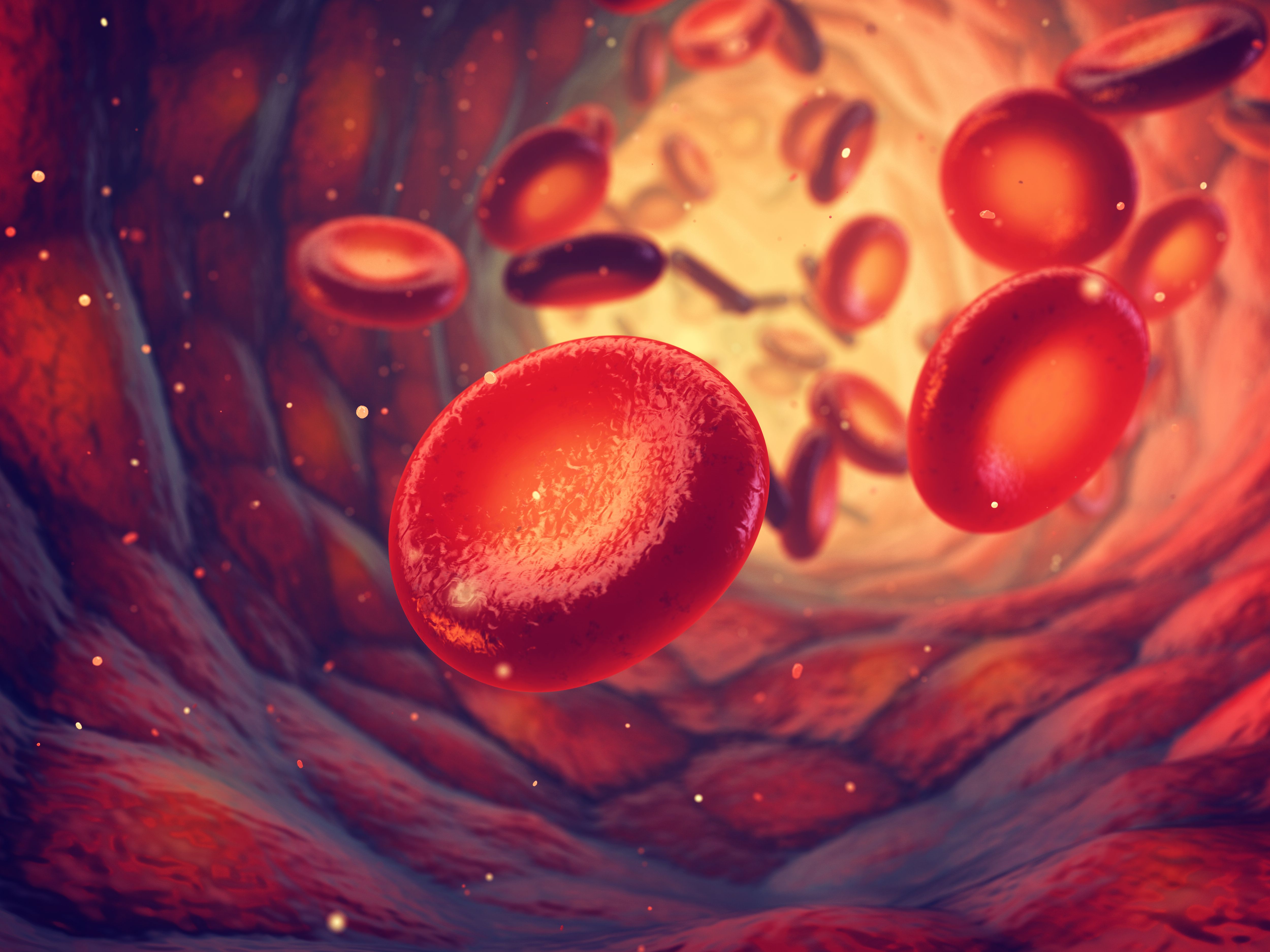- Bone Health
- Immunology
- Hematology
- Respiratory
- Dermatology
- Diabetes
- Gastroenterology
- Neurology
- Oncology
- Ophthalmology
- Rare Disease
- Rheumatology
Phase 1 Study Finds Comparable PK, PD Parameters in Biosimilar GP40141 vs Reference Romiplostim
A phase 1 analysis confirms that romiplostim biosimilar candidate GP40141 has comparable pharmacokinetic (PK) and pharmacodynamic (PD) parameters in healthy volunteers compared with the reference product.
Romiplostim is is a thrombopoietin receptor agonist approved as a second-line treatment for idiopathic thrombocytopenic purpura, a bleeding disorder caused by an autoimmune attack on platelets, leading to a low platelet count.

The romiplostim biosimilar candidate GP40141 (Geropharm) demonstrated comparable pharmacokinetic (PK) and pharmacodynamic (PD) parameters in healthy volunteers to the reference product (Nplate), according to a study of healthy male participants.
Romiplostim is a thrombopoietin receptor agonist approved as a second-line treatment for idiopathic thrombocytopenic purpura (ITP) by the US FDA and European Medicines Agency. ITP is a bleeding disorder caused by an autoimmune attack on platelets, leading to a low platelet count. Romiplostim stimulates the production and growth of platelets in bone marrow.
Analytical studies have previously shown similar structure, biological activity, preclinical studies demonstrated similar PK and PD profiles in animals, and the current study aimed to compare PK and PD parameters and safety of GP40141 with the reference product in healthy humans.
In this randomized, double-blind crossover study, 56 healthy male participants were randomized to receive a single subcutaneous dose each of GP40141 in the first period of the study and Nplate in the second, or in the opposite order. The first period was followed by a 33-day washout period.
According to the authors, GP40141 and the reference product “exhibited similar PD profiles.” The 90% CI of the geometric mean ratios for the primary PD endpoints were within the predefined equivalence margins of 80% to 25%. For area under the platelet count curve from time 0 to the time of the last sampling, the 90% CI was 98% to 102% and for maximum observed platelet count, the 90% CI was 98% to 106%.
Several secondary PK and PD endpoints were also reported. For example, mean (SD) the area under the curve from time 0 to the time of the last observable concentration was 3182 (2252) and 2763 (1744) pg/ml x h in the biosimilar and reference product groups, and the maximum plasma concentrations of romiplostim (Cmax) were 44 (28) and 40 (22) pg/ml.
Regarding safety, no adverse events were observed by the investigators following administration of the biosimilar or reference product. They reported “no deviations from normal values or clinically relevant deviations” in complete blood counts, biochemical profiles, vital signs, or injection site tolerability. There were no discontinuations for safety or tolerability reasons. They concluded GP40141 showed a comparable PD profile to that of the reference product, supporting the similarity of GP40141 to the reference romiplostim.
Reference
Makarenko I, Dorotenko A, Noskov S, et al. A randomized, double-blind, comparative study of the pharmacodynamics and pharmacokinetics of GP40141 (romiplostim biosimilar) and reference romiplostim in healthy male volunteers. Pharmacol Res Perspect. 2023;11(5):e01125. doi:10.1002/prp2.1125
Breaking Barriers in Osteoporosis Care: New Denosumab Biosimilars Wyost, Jubbonti Approved
June 16th 2024In this episode, The Center for Biosimilars® delves into the FDA approval of the first denosumab biosimilars, Wyost and Jubbonti (denosumab-bbdz), and discuss their potential to revolutionize osteoporosis treatment with expert insights from 2 rheumatologists.
Eye on Pharma: EU Biosimilar Approval, Launches and Product Returns, Denosumab Switching Data
July 10th 2024The European Union approves a tocilizumab biosimilar and the US sees another launch, Genentech’s ophthalmology biobetter returns to the market, and Samsung Bioepis shares data on switching to its denosumab biosimilar.
Exploring the Biosimilar Horizon: Julie Reed's Predictions for 2024
February 18th 2024On this episode of Not So Different, Julie Reed, executive director of the Biosimilars Forum, returns to discuss her predictions for the biosimilar industry for 2024 and beyond as well as the impact that the Forum's 4 new members will have on the organization's mission.
EHA 2024: Rituximab Biosimilars Improve Quality of Life, Infusion-Related Reactions
June 27th 2024Two posters presented at the European Hematology Association’s annual meeting (EHA 2024) evaluated how rituximab biosimilars impact quality of life and infusion-related reactions in patients with lymphatic cancers.
